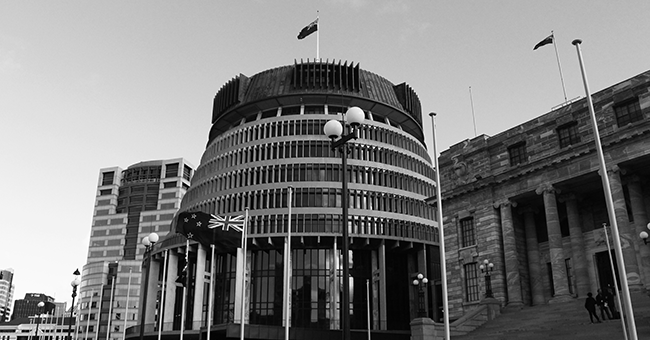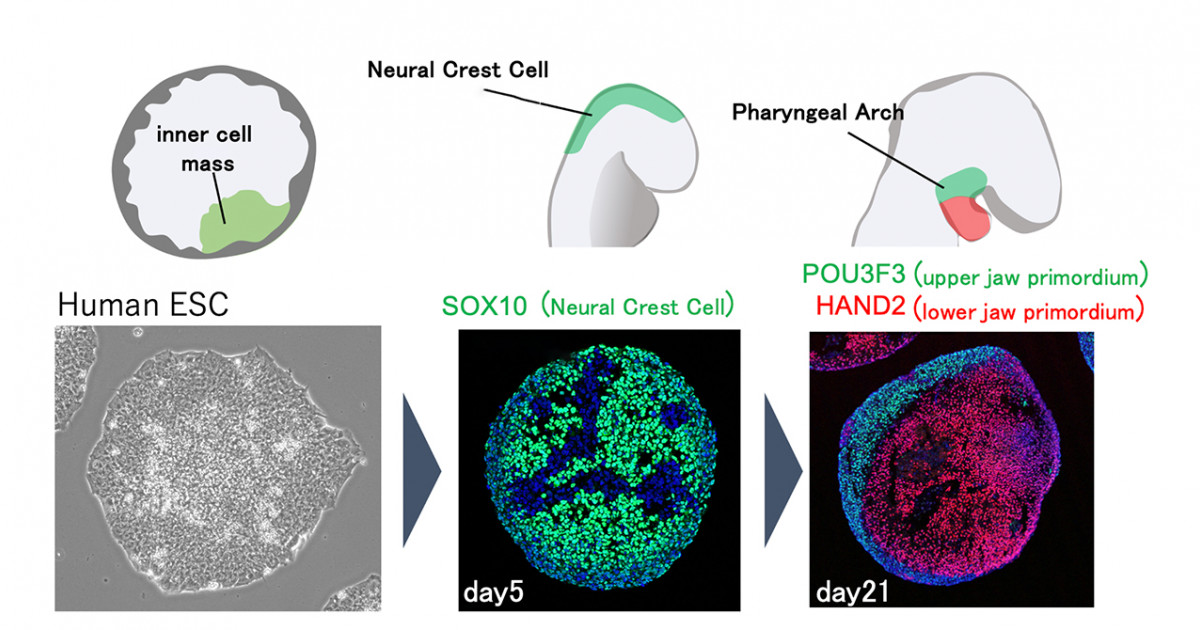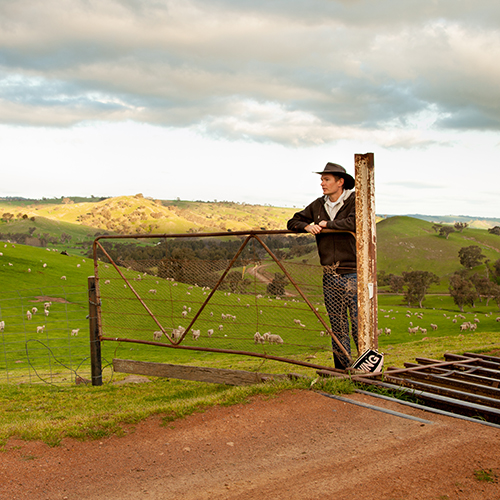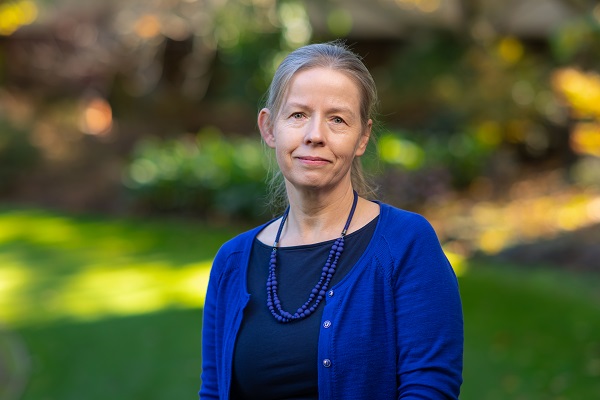The possum was found on the road at Whangaparapara last month and reported by a local resident to the Department of Conservation. It was sent for a necropsy to determine the cause of death and clues as to how it arrived on the possum-free island.
DOC Operations Manager Kirsty Prior says DOC and Auckland Council take any discovery like this very seriously.
“Possums have never been established on Aotea Great Barrier Island and as a significant ecological pest in New Zealand, it is important that we ensure they are not able to set up home.
“Individual dead possums have been found on Aotea in the past, but none have been linked to a population establishing on the island. Prior to this the most recent find was in 2016 in the Kaitoke area.
“The necropsy, completed by Massey University, indicated the possum had died from gunshot wounds and we think it is unlikely that a local resident would shoot a possum and leave it unreported on the road. These kinds of incidences are usually associated with deliberate mischief or washing up from a distant site.
“An initial search by local staff showed no further possum signs such as droppings, browse or scratch marks and at this stage there is no information to suggest more than one possum was present on the island so we will not be taking the response any further.”
Possums have a significant impact on many of New Zealand’s natural ecosystems and compete with native birds and reptiles for food sources.
Leaves are the main part of their diet, but possums are opportunistic omnivores. They eat buds, flowers, fruit/berries and nectar, which means they compete with native birds and reptiles for food sources. The growth and lifecycle of a tree or plant is significantly affected when all parts of it are eaten. Possums also have ‘favourites’ such as rātā or kamahi trees, leading to an even greater impact on these species.
“Great Barrier Island is home to many protected species such as tāiko/black petrel, brown teal/pāteke, and other endemic species such as kakariki/red crowned parakeet and miromiro/tomtit,” says Kirsty Prior.
“Any new establishment of a pest or predator would have a significant impact on the wildlife on the island, and mana whenua, the local community, DOC and Auckland Council are committed to ensuring we prevent this.
“We appreciate the report we received about the dead possum as this enabled us together to take immediate action to understand the situation and prepare for a possible incursion. We encourage everyone to continue to report sightings of unwanted pests on Aotea to 0800 DOC HOT.”








